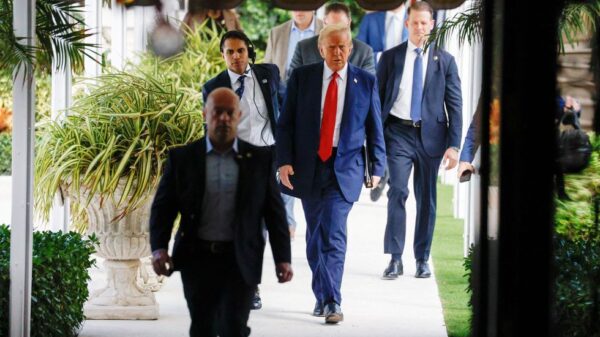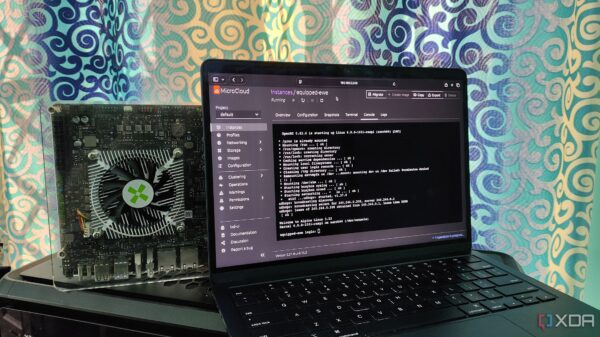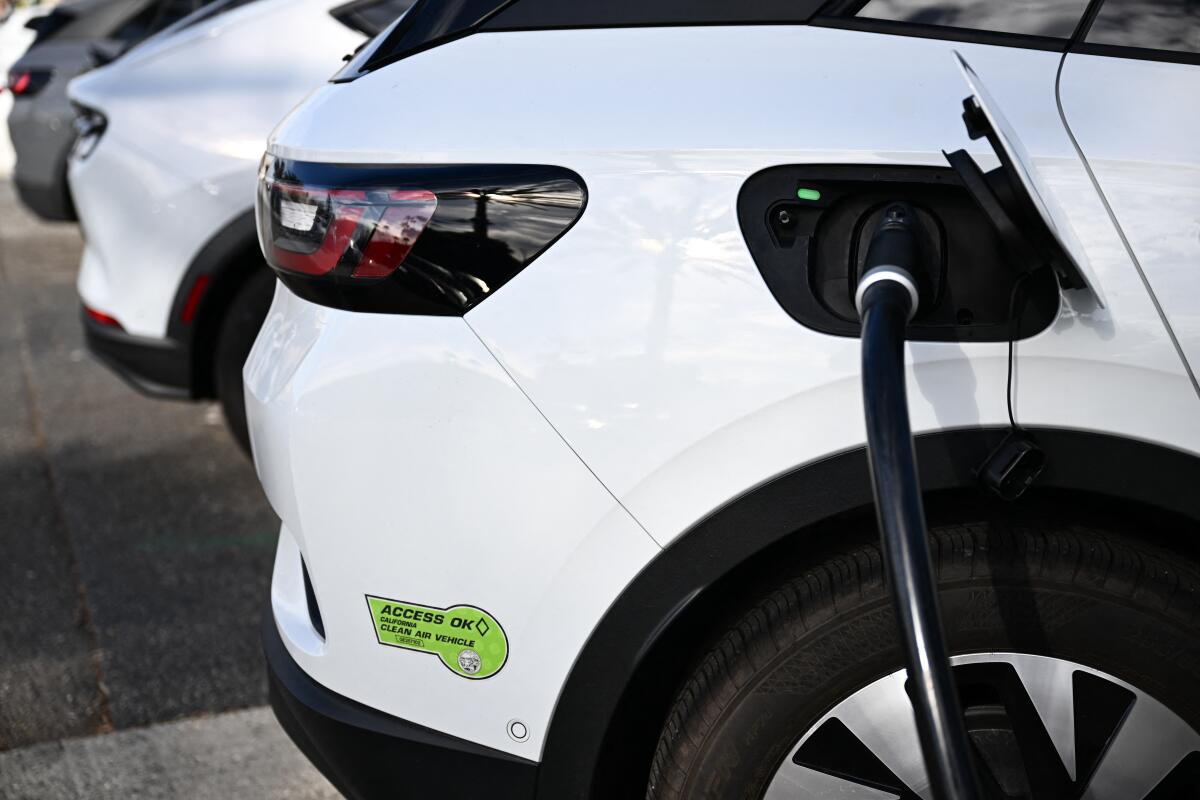Recent statistics indicate a significant shift in consumer preferences within the U.S. automotive market, showing a growing inclination towards hybrid vehicles over all-electric models. Data from the U.S. Energy Information Administration, covering the period from 2023 through the second quarter of 2024, reveals that hybrids now account for a larger share of electric vehicle sales compared to battery electric vehicles (BEVs).
Of the total 18.7% of electric or semi-electric vehicles sold in the U.S. during this timeframe, hybrids represented 9.6%, while BEVs made up only 7.1%. Interestingly, the market share for BEVs has largely stagnated at the levels observed in 2023. In contrast, hybrid sales have surged by an impressive 30.7% year over year.
Market Dynamics Favoring Hybrids
The increasing popularity of hybrids can be attributed to several factors, including economic considerations and fuel efficiency. With many hybrids offering over 50 miles per gallon, they present a cost-effective alternative for consumers wary of the high price tags associated with all-electric vehicles. This trend suggests a potential shift in consumer behavior, moving away from the premium costs of BEVs towards the more practical and affordable hybrid options.
Jim Valentine, a resident of Woodland Hills, highlights this shift in consumer sentiment, noting that while electric vehicle advancements are commendable, the current market realities may dampen the enthusiasm for a fully electric future. The growing sales figures for hybrids could signal that consumers are prioritizing efficiency and affordability over the allure of new electric technologies.
Implications for Future Vehicle Trends
As hybrid vehicles continue to gain traction, the implications for the U.S. automotive industry are significant. Automakers may need to recalibrate their production strategies to meet the rising demand for hybrids. Additionally, this trend could influence policy discussions regarding environmental regulations and incentives aimed at promoting clean energy transportation.
In summary, while the push for all-electric vehicles remains a critical part of the conversation surrounding clean transportation, the current data reflects a more nuanced picture. The substantial increase in hybrid sales suggests that for many consumers, practicality and cost-efficiency are paramount—at least in the short to mid-term. As the market evolves, it will be essential for stakeholders to adapt to these changing dynamics to ensure they meet consumer needs effectively.







































































